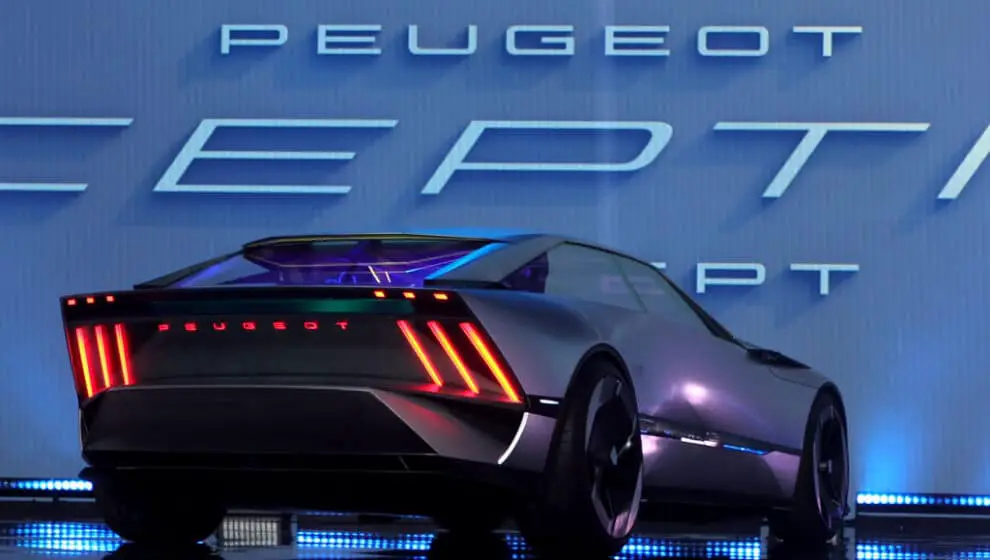Trade law between the UK and EU is complicating the electric vehicle (EV) market in Europe.
Key Details
- The UK has struggled to produce domestic EV batteries, which means that it is going to be reliant on imports for the immediate future.
- The UK’s post-Brexit Trade and Cooperation Agreement and its “Rules of Origin” are going to complicate vehicle production, as 55% of an EU vehicle’s content must be made within the EU or UK or become open to tariffs.
- These numbers are scheduled to increase in January 2024 and 2027—respectively, with 45% of an EV and 60% of a battery pack originating locally and then to 55% and 65%.
- With limited domestic battery production, many models of EVs exported from the UK to the EU or elsewhere will see a 10% tariff, potentially harming EV exports between the UK and EU, The Financial Times reports.
Why It’s Important
Even with concessions made towards EV battery production, the UK and EU are facing a challenging environment. Stellantis, one of Europe’s largest automakers, has been attempting to build a new plant in Ellesmere Port, England. Price hikes in battery materials outside of the UK are threatening its plans to expand and produce new vehicles. The move may shift the company’s strategy, producing greater cars outside of the UK, where exporting can create problems while still meeting EU domestic sales.
Automakers that produce batteries within the UK or EU, including Nissan and BMW, will be less affected by the trade agreements. The laws are pushing companies like JLR and Toyota, which have larger markets outside of the EU, to consider where they want to position their battery plants.
It is likely that the existing trade agreements will be amended to address industrial concerns that would negatively impact UK and EU EV production. The European Commission is considering delaying its higher threshold of trade requirements under industry pressure, realizing that the Rules of Origin rules incentivize manufacturers to consider the costs and benefits of producing for European consumers, although there is little desire to renegotiate existing trade agreements, The Financial Times reports.
Notable Quotes
“There is a vital need to fulfill rules of origin requirements for UK battery content required to export EVs, not just to Europe but also to the rest of the world, and to create the supply-side demand that is necessary to justify the establishment of an EV battery supply chain and battery manufacturing presence in the UK,” says Nissan.
“Ultimately, I think the EU will agree to some form of extension—a scenario in which combustion engine cars can trade tariff-free, but EVs cannot is absurd—but the decision could be made quite late in the day so as not to weaken the desired onshoring impact,” says Flint Global trade expert Sam Lowe.

